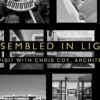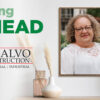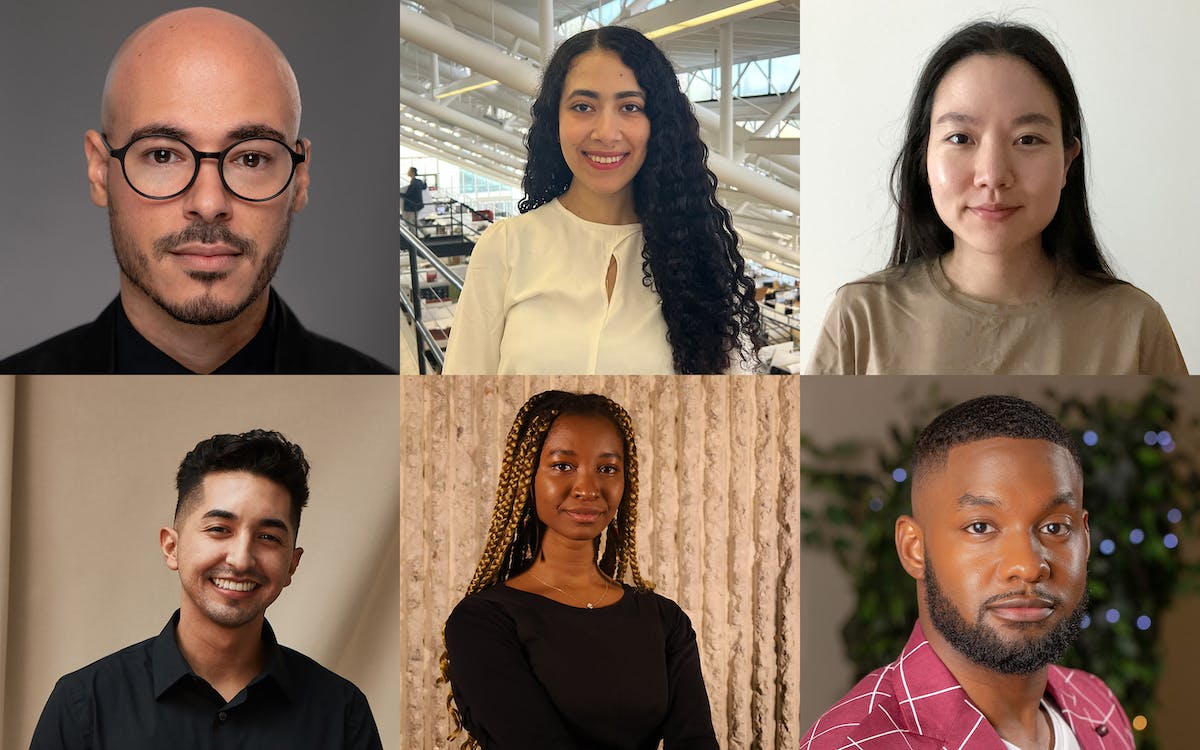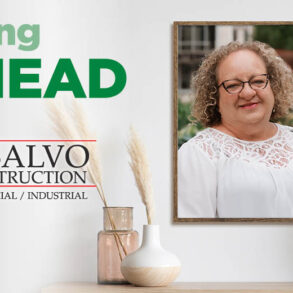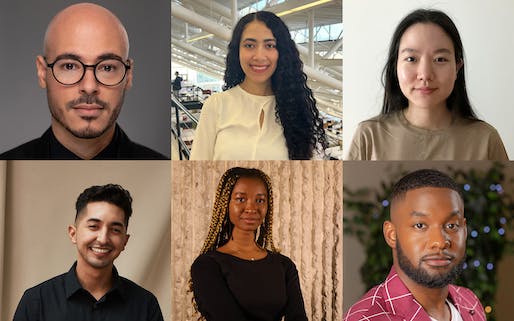
Top L-R: Wilfrido Adames, Hamees Gabr, Chae Park. Bottom L-R: Reuben Posada, Jahaan Scipio, Stephen Sewar
AIA New York has awarded $7,500 to help six aspiring BIPOC architects pay off their student loans. The money is to be drawn from the organization’s 2030 Fund, which seeks to “help build a more diverse and representative profession.”
The 2030 Fund was developed by AIANY in collaboration with the New York Chapter of the National Organization of Minority Architects. The fund is also used to support NOMA’s 2030 Challenge, which aims to double the number of licensed Black architects by the end of the decade.
The six future architects to receive the latest funding are Wilfrido Adames (Pratt Institute), Hamees Gabr (City College of New York and Harvard Graduate School of Design), Chae Park (Cornell University and the Art Institute of Chicago), Reuben Posada (Texas A&M University and Cornell University), Jahaan Scipio (Syracuse University and Yale University), and Stephen Sewar (University of South Florida).

The awardees were selected from 22 applicants from across the United States. Beyond student loan support, the recipients will also receive free access to ARE prep courses organized by AIANY and an opportunity to meet quarterly with an architect mentor who will provide early career and licensure guidance.
The initiative addressing inequalities in the profession comes after a series of studies and surveys by NCARB and NOMA have underlined issues facing BIPOC architects and designers. In October 2022, an NCARB/NOMA survey found that almost one-third of architecture employees have faced or witnessed discrimination.
Previous editions of the NCARB/NOMA Baseline on Belonging study have found that African American women also face heavier challenges in architectural education and that both people of color and older candidates face heavier barriers when undertaking the ARE.

